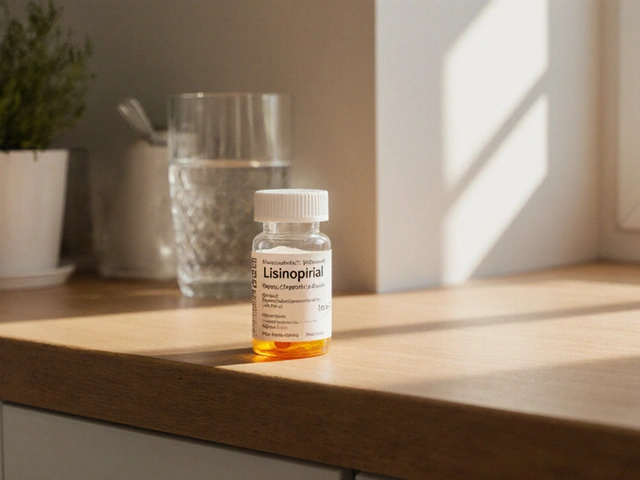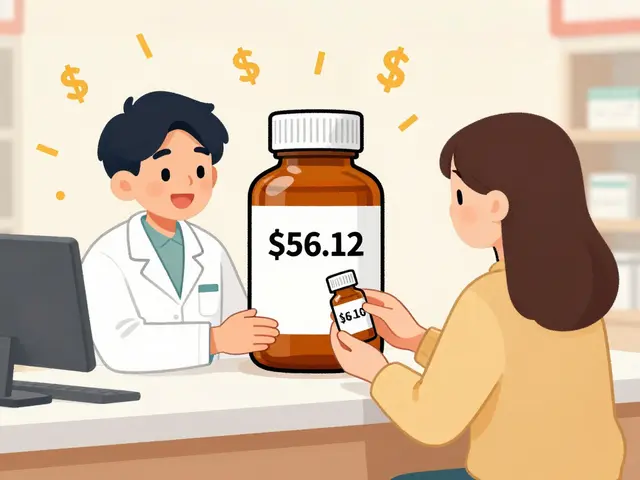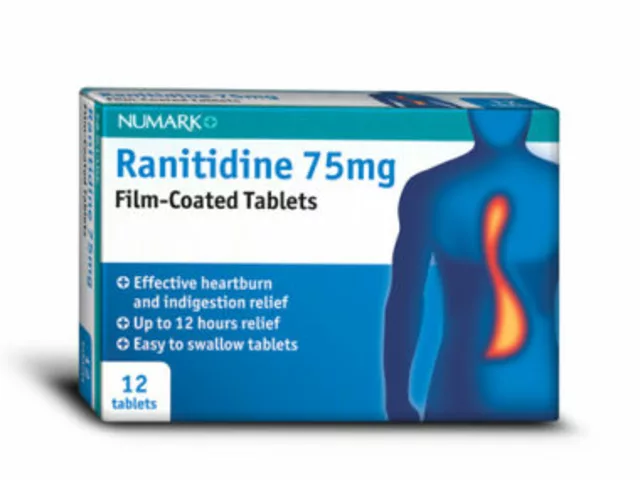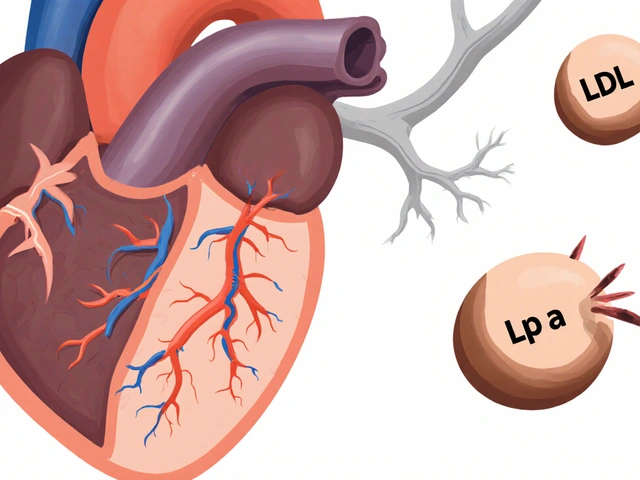Curb Cravings: Practical Ways to Stop Urges Fast
Cravings hit you out of nowhere. Whether it's sugar, alcohol, or late-night snacks, the same tricks work: change your body chemistry, your environment, and your habits. Here are simple, proven steps you can use today to reduce cravings without feeling deprived.
Start with food that fills you. Protein, fibre, and healthy fats keep blood sugar steady and blunt sugar cravings. Eat a breakfast with eggs or Greek yogurt plus fruit or oats. Add beans, nuts, or avocado at lunch. When your stomach and hormones are stable, the "need" for sweet or salty snacks falls.
Hydrate and check hunger. Thirst often masks as hunger. Before grabbing a snack, drink a glass of water, wait 10–15 minutes, and reassess. If you still want the snack, try a small protein-based option first — a hard-boiled egg or a handful of almonds.
Sleep and stress matter. Poor sleep and chronic stress raise cortisol and make cravings worse. Aim for consistent bedtimes, three relaxation breaths before eating, and short walks when work gets heavy. These moves cut stress-driven munching fast.
Swap and delay
Swap high-craving foods for satisfying alternatives. Replace a chocolate bar with dark chocolate and a piece of fruit, or trade chips for air-popped popcorn with a sprinkle of parmesan. Or use the 10-minute rule: delay the craving for ten minutes and do something else — make tea, step outside, call a friend. Cravings are intense but short; waiting often breaks the spell.
Use targeted supplements and medical options wisely
Some supplements and medications can help curb specific cravings. Zinc supports taste and appetite regulation; a short course may reduce sweet cravings if you’re deficient. Calcium D-glucarate is often used in detox protocols and may help hormone-related cravings. For alcohol cravings, articles on this site review effective medical options and alternatives to Antabuse, like nalmefene, which some doctors prescribe. Always check with a clinician before starting pills or supplements.
Build habit cues. Keep tempting foods out of sight and put healthier options up front. Plan snacks so you won't reach for whatever's easiest. Track your wins: a quick note when you resist a craving trains your brain to repeat the behavior.
Get help when needed. If cravings drive bingeing, heavy drinking, or interfere with work and relationships, talk to a healthcare provider. Treatments range from counseling to medications; our site has practical guides like "9 Best Alternatives to Antabuse" and "Calcium D-Glucarate" that explain options clearly.
Small tweaks add up. Focus on steady meals, better sleep, simple swaps, and short delays. Try one change for a week and see what sticks. If you want deeper reads, check the linked guides on PharmaServe for science-backed tips and safe product info.
Want plans? Read our guides on PharmaServe: '9 Best Alternatives to Antabuse' for alcohol cravings, 'Calcium D-Glucarate' for detox support, and 'Zinc: The Essential Nutrient' for appetite control. Each article lists safe steps, dosing notes, and when to see a doctor so you can pick what fits your routine.
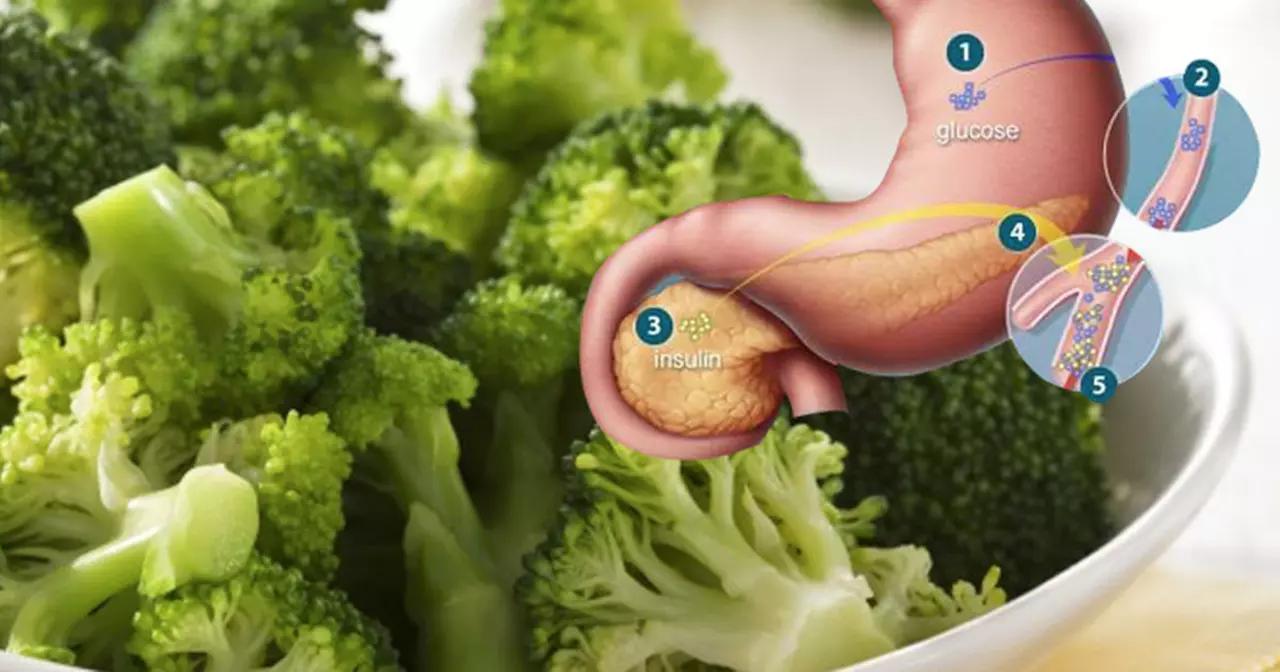
I recently came across some interesting information about how chromium can boost our metabolism and curb cravings. Chromium is an essential trace mineral that helps regulate insulin and blood sugar levels, which can have a significant impact on our metabolism and appetite. By incorporating chromium-rich foods or supplements into our diet, we can experience increased energy levels, improved weight management, and a reduced desire for sugary or unhealthy foods. So, let's explore the top benefits of chromium and some tips on how to include it in our daily routine for a healthier lifestyle. Stay tuned for more on this amazing nutrient!



